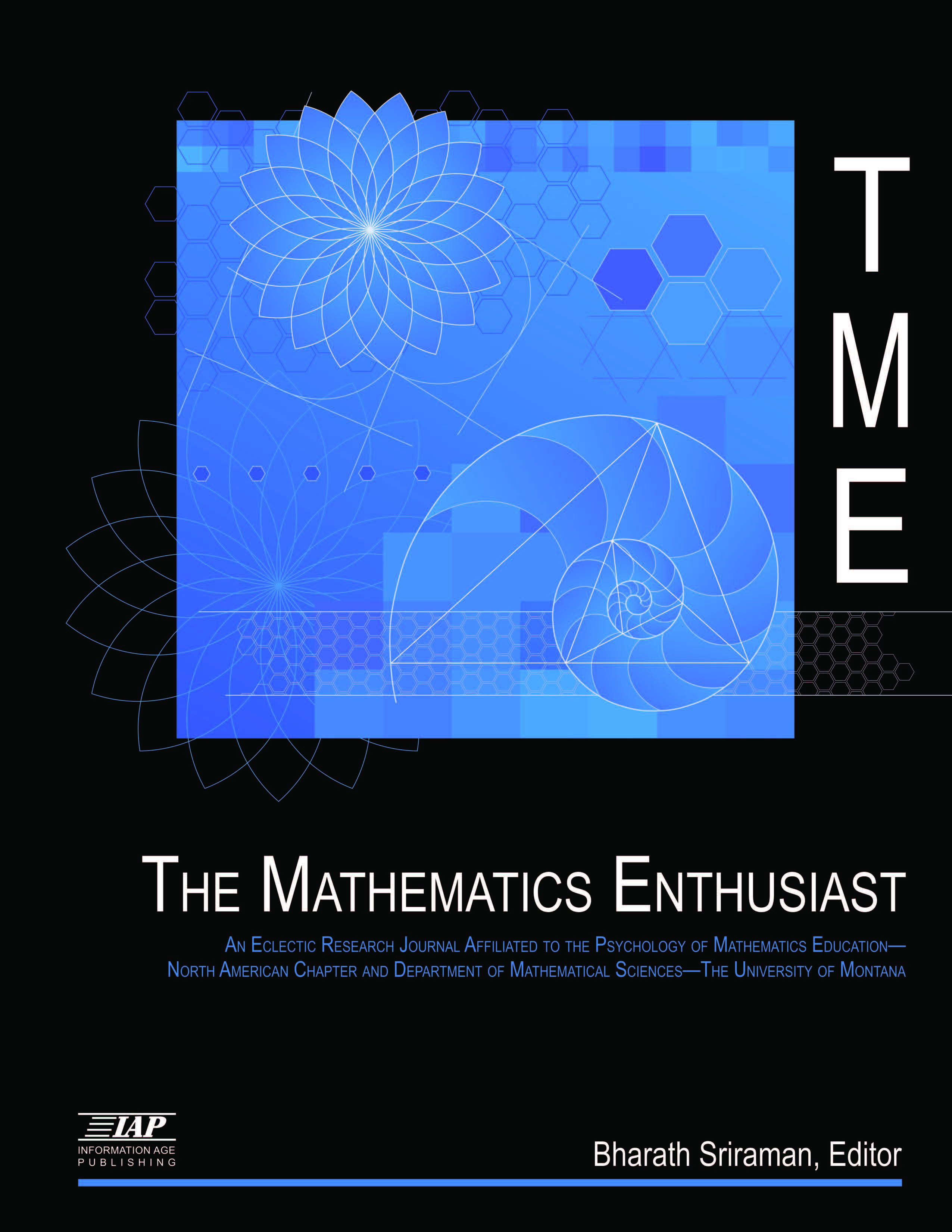
Volume
12
Issue
1-3
Abstract
Logical reasoning is crucial in science, but we know that this is not something that humans are innately good at. It becomes even harder to reason logically about data when there is uncertainty, because there is always a chance of being wrong. Dealing with uncertainty is inevitable, for example, in situations in which the evaluation of sample outcomes with respect to some population is required. Inferential statistics is a structured way of reasoning rationally about such data. One could therefore expect that using well-known statistical techniques protects its users against misinterpretations regarding uncertainty. Unfortunately, this does not seem to be the case. Researchers often pretend to be too certain about the presence or absence of an effect, and data are analysed in a selective way, which impacts the validity of conclusions that can be drawn from the techniques that are used. In this paper, the concept of risk is used to explain why unwanted behaviour may not be as unreasonable as it seems, once the risks that researchers face are taken into account.
First Page
103
Last Page
112
Recommended Citation
Hoekstra, Rink
(2015)
"Risk as an Explanatory Factor for Researchers’ Inferential Interpretations,"
The Mathematics Enthusiast: Vol. 12
:
No.
1
, Article 13.
DOI: https://doi.org/10.54870/1551-3440.1338
Available at:
https://scholarworks.umt.edu/tme/vol12/iss1/13
Digital Object Identifier (DOI)
10.54870/1551-3440.1338
